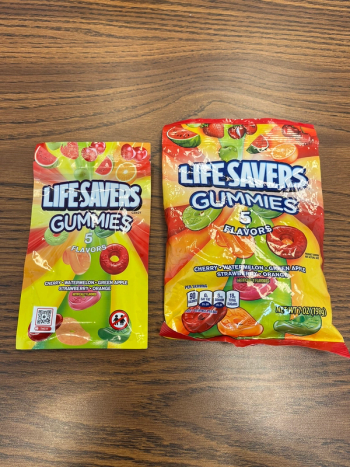
The DHSS will focus enforcement efforts on misbranded intoxicating cannabinoid products.


The DHSS will focus enforcement efforts on misbranded intoxicating cannabinoid products.

The U.S. Hemp Roundtable submitted comments to California’s Office of Administrative Law (OAL) on September 16th, urging the agency to overrule emergency regulations proposed by Governor Gavin Newsom and the California Department of Public Health (CDPH).

The Attorney General's office says that non-alcoholic beverages with hemp-derived tetrahydrocannabinol (THC) with concentrations of delta-9 THC of no more than 0.3% are legal in South Carolina, assuming you can verify they meet this threshold.

The regulations would ban any hemp-derived food, beverage and dietary products from having any THC levels and impose an age restriction of 21 to purchase these products.

The Missouri Hemp Trade Association has filed a lawsuit in the Cole County Circuit Court seeking to prevent the Missouri DHSS from designating food and beverage products containing psychoactive cannabinoids derived from hemp as adulterated and implementing an embargo.

Missouri’s Department of Health and Senior Services is on track to “embargo and condemn” products that contain intoxicating cannabinoids starting September 1, 2024 in accordance to an executive order signed by the state’s governor, Michael L. Parsons.

One study analyzed nearly 100 CBD products to test the accuracy of advertised cannabinoid content.

Edibles users are looking to utilize the cannabis product to produce a better sleep.

Searching for purer, minor cannabinoids is the goal of new extraction research as extractors dig deeper into the diversity of the plant.

Otha Smith III shares his personal journey with medical cannabis and how it led to founding the Tetragram app.

Dr. Alison Draisin discusses her work at the forefront of cannabis assisted psychotherapy and psychedelic assisted psychotherapy.

An explanation on the theory and measurement of water activity, its mode of action for microbial control, existing water activity regulations for cannabis, and more.

There are many ways to ingest tetrahydrocannabinol (THC). But more innovative methods are being explored, with interesting results for the consumer.

Here we review the current and pertinent literature in utilizing cannabis derivatives in animals and discuss the future forecast of cannabis in veterinary medicine.

A look at how TD-GC–MS analysis eliminates conventional sample preparation regimes and can be used as a good rapid screening technique.


An interview with Jeff Dahl, an applications scientist at Shimadzu Scientific Instruments; Joe Konschnik, a business development manager for the food and beverage market at Restek Corporation; Andre Santos, the Americas market development manager at Agilent Technologies; Alicia D. Stell, the CEM product development lab manager; and Xiaoyan Wang, a research scientist at UCT

QuEChERS is introduced to the discipline of forensic testing as a viable method for the extraction of pesticides and cannabinoids in various complex sample matrices